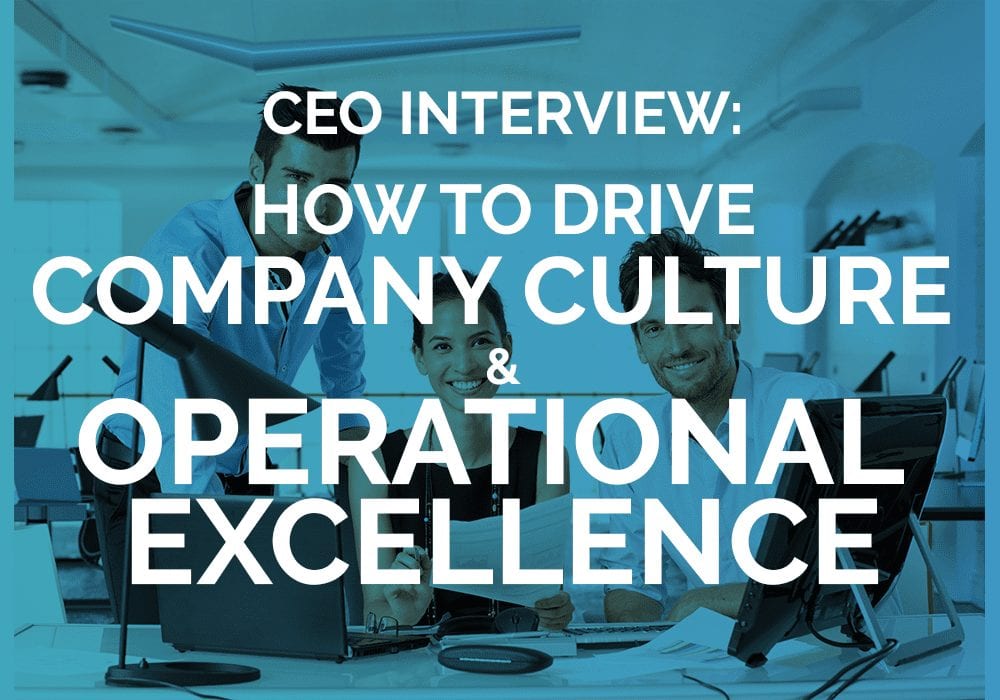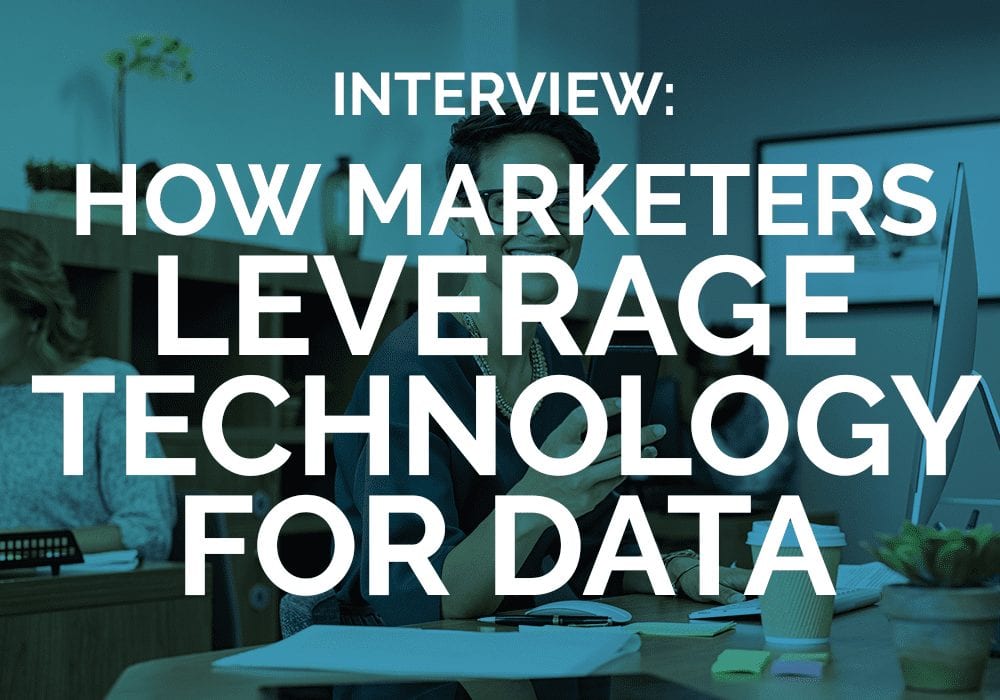Tina discusses her background in sales, starting with the finance industry working with enterprises like insurance agencies and rental car agencies and eventually making her way into IT in 2014.
With over 20 years of sales experience, Tina thinks one of the biggest learning hurdles is learning how to reflect. It's really important for anyone in sales to be able to look back and learn from their losses. One of the challenges she's overcome is learning to go deep and wide into organizations. Companies typically make decisions together, and it's not only one person making a decision, so Tina's focus is to make sure she's talking to many of the stakeholders At the end of the day, technology is there to serve the people, so we need to make sure the technology is making their job is easier.
What are the top things that someone looking to buy technology should be looking for?
When you're pricing out IT solutions, historically, it's not simple. Often, you can't do an apples to apples comparison. Each IT provider bundles its solutions differently, so it's imperative to get really clear on what you're buying.
Some providers will have terms like 'unlimited' but often there are exclusions that need to be discussed. There are also pricing models for break/fix type models, where there's an hourly fee to fix whatever you need. There's also managed services and all in seat pricing models where you get everything for one flat rate. It's really important to understand and get clear on what's included and not included.
Additionally, it's important to understand your business needs. We are understandably seeing a lot of budget-driven conversations in light of the current economic environment and the uncertainty we're all experiencing. This is causing some companies to come in at a very low price point but not be very clear that some service delivery is being left out or outsourced overseas, which many other companies will outsource oversees. It's important to know when you call your help desk, are you going to get someone locally or overseas? And what does that do to the end-user experience?
I encourage buyers to ask questions, a more educated and informed buyer leads to a much more successful relationship. Anyone who's trying to push you through the buying cycle without wanting to go deep should be a red flag.
"I encourage buyers to ask questions; a more educated and informed buyer leads to a much more successful relationship."
How do you handle pivoting the conversation with buyers? Do buyers always know what they want? How do you establish trust?
People buy based on emotion. They buy when they feel safe, when they feel good or when there's trust established. It should be part of the process, a long with a well-structured process where we can understand what the person across the table from, I know their challenges and what they want to accomplish. If I can't help them, it's important to provide guidance so that they can get what they need.
"Sales is just a conversation. It's a conversation about understanding what is needed and trying to connect those dots back to what we do. If it connects, great. If it doesn’t, then we need to redirect the buyer."
Sales is just a conversation. It's a conversation about understanding what is needed and trying to connect those dots back to what we do. If it connects, great. If it doesn’t, then we need to redirect the buyer. This is the trust factor. We're trying to solve a problem versus shoehorn someone into something they don't need.
What advice would you give to IT buyers?
Before the stay at home order, I'd encourage you to visit your IT provider's office. This allows you to see truly what the company is about, and getting a visual and walk through the office to see the culture, the energy, and the ticket boards is helpful. Today it's not as easy to do so I'd encourage some virtual meetings or watching videos on the company and do your homework on the company so you know exactly what you'll be getting.
The other thing to be wary of is if the price is too good to be true, it probably is. Our industry has resources that are expensive and hard to find. The services they provide are not inexpensive so if you're pricing projects and you see one that's considerably less than the others - my question would be why? What am I not getting with this really inexpensive solution? Sometimes providers will do a very rudimentary job rather than a full solution. For example, with a data migration, they may be left with an environment that isn't configured correctly, and then they get stuck so they have to pivot and change and they end up paying more for the changes and fixes. So it's important to see if you're getting a fully baked solution or the bare minimum, and also understand the level of talent on the team delivering the technology.
Are there specific questions you'd recommend IT buyers ask?
Ask the company about their past projects to see what the company has been involved in. Ask for referrals to get someone outside the conversation to help validate. I'd also look on LinkedIn to see if there are mutual connections you can reach out to. Referrals will always be giving great reviews, but to reach out to someone unprompted you'll get some really good insight. There are also certifications engineers can receive to further their education (Microsoft, Cisco). These can be a great indicator of the level of knowledge that the team has.
Has there ever been a customer where we thought we'd be a good fit but you had to go in a different direction?
Technology is such a large topic, and I used to approach every sales conversation as a sales opportunity. We have our core skillsets where we really shine and we're really good - for example in Microsoft. So I've refocused my efforts to opportunities in our wheelhouse. For example, we have some Linux engineers on staff, but if we had a Linux data migration opportunity where the environment was strictly Linux, that would be a little out of our scope, so we'd refer them to a partner. We also don’t play with setting up an ERP system. We can support the system underneath it but developing that is not our core so again, we would pass that to our partner.
In conclusion
At our core, we're a Managed Services Provider and support small to large businesses through simply monitoring and managing all the way up to on site support. We extend that through our Pro Services team where we focus on security (including all layers such as endpoints, network, cloud architecture), data migration, business intelligence and collaboration portals that drive teamwork and culture.
Continued Reading

June 3, 2020
What Business Leaders Need to Be Focused on to Drive Culture & Operational Excellence - An Interview with Managed Solution CEO Sean Ferrel
In this video interview, you'll hear from Managed Solution CEO […]
LEARN MORE
June 17, 2020
Interview: How Marketers Can Leverage Technology for Data
In this video, Jessica Shaanan interviews Christi Keating Williams about […]
LEARN MORE


